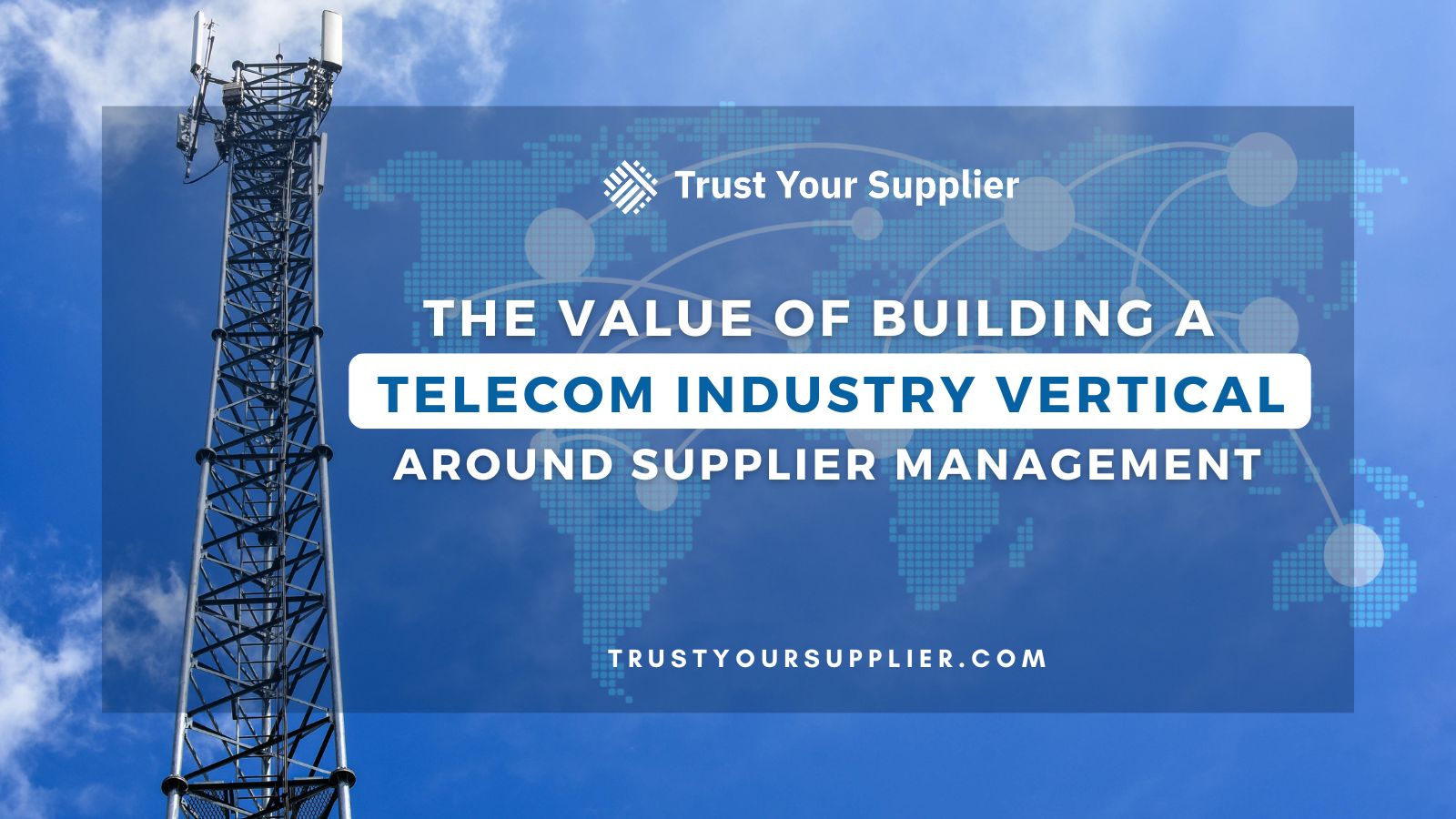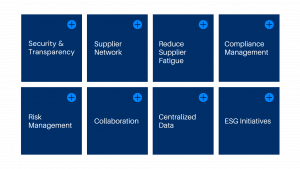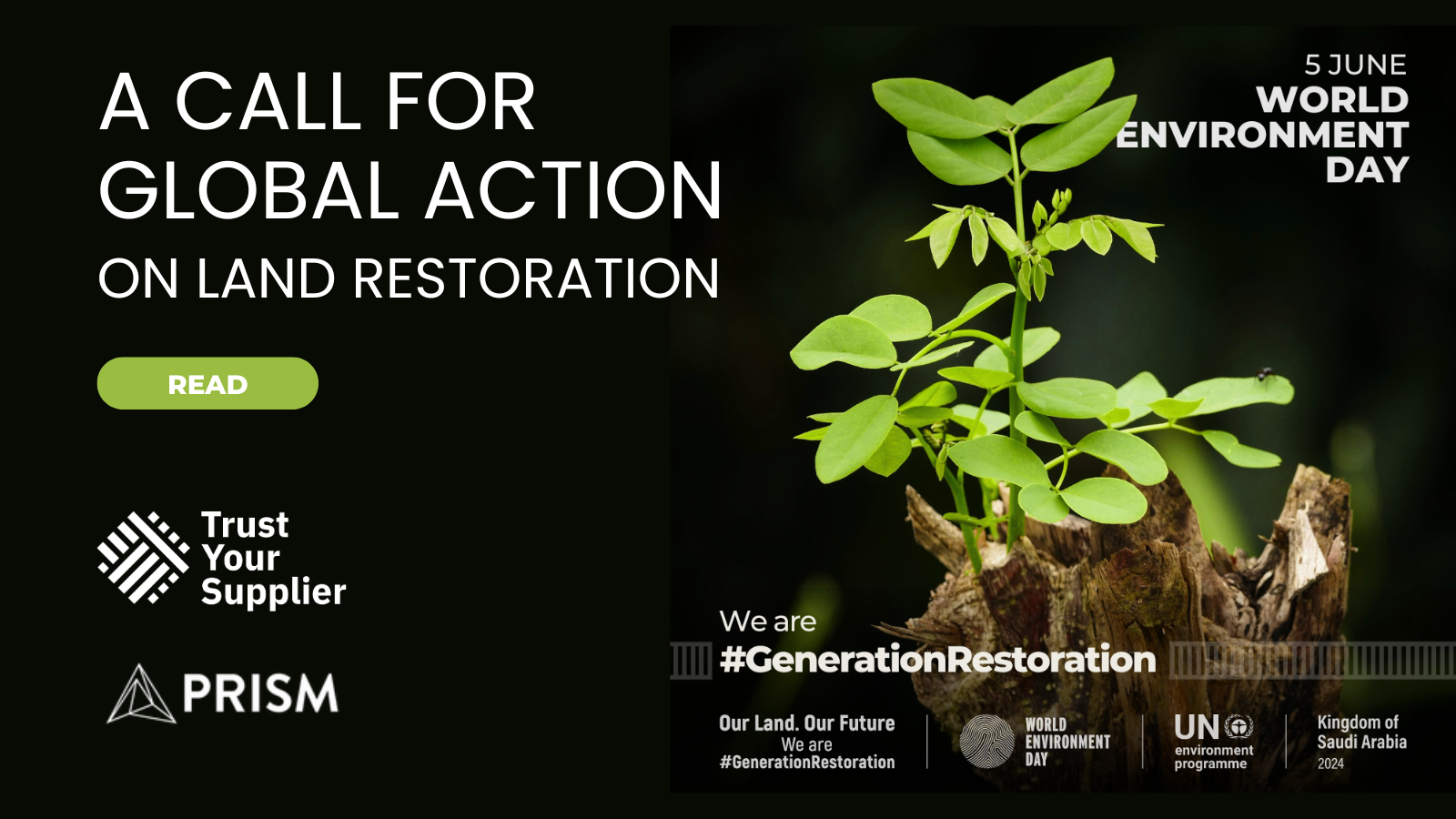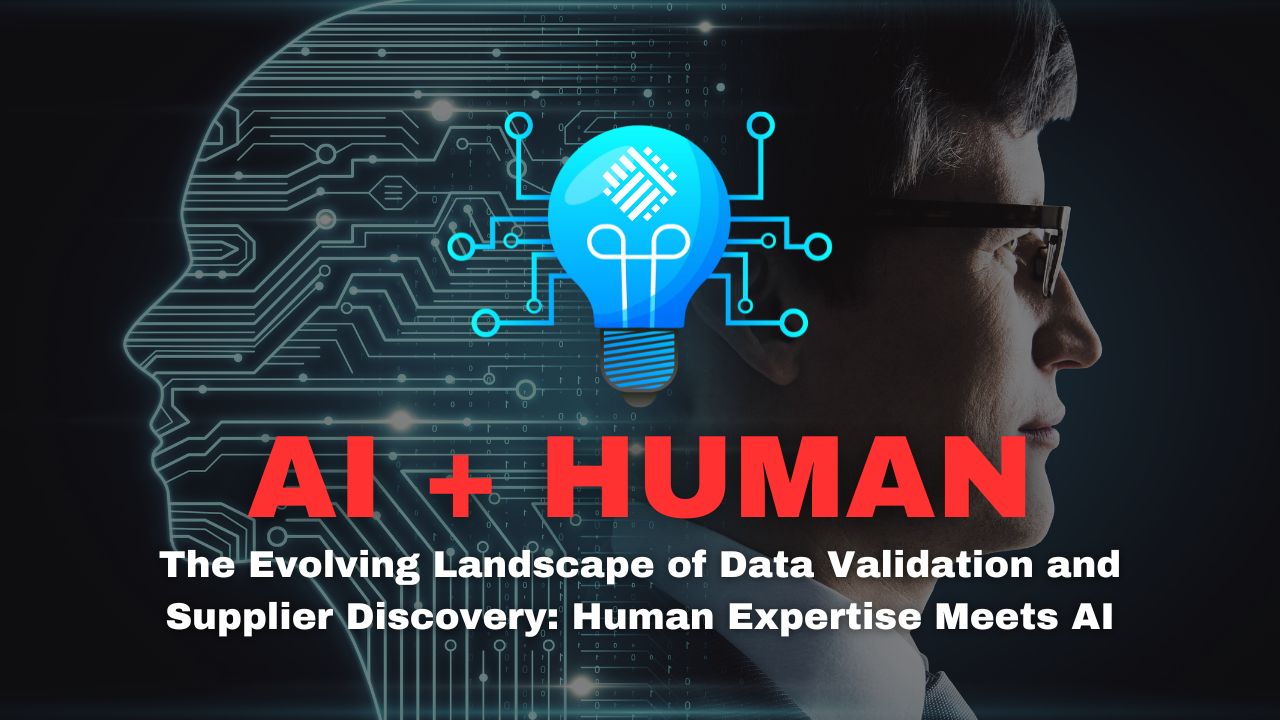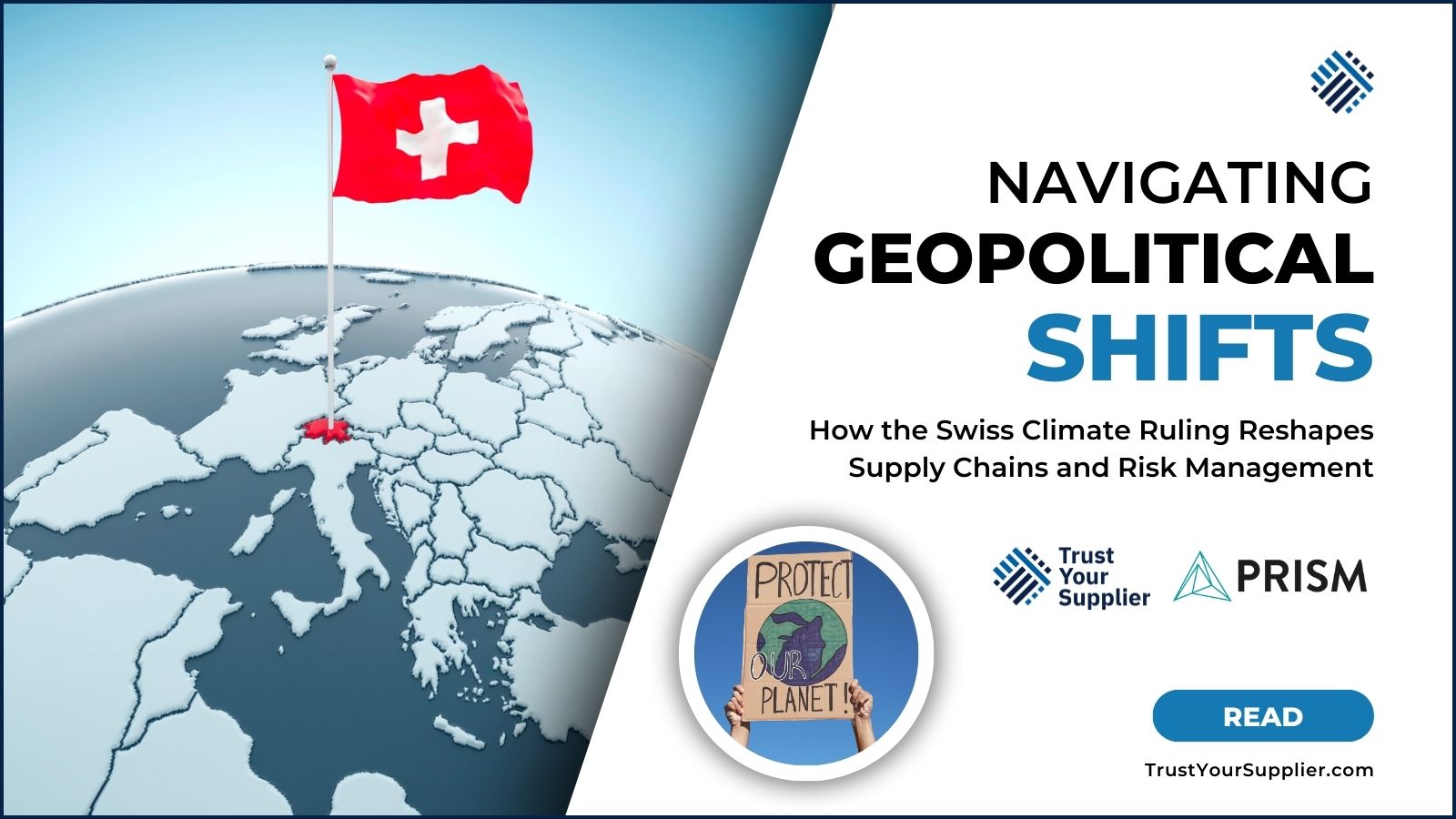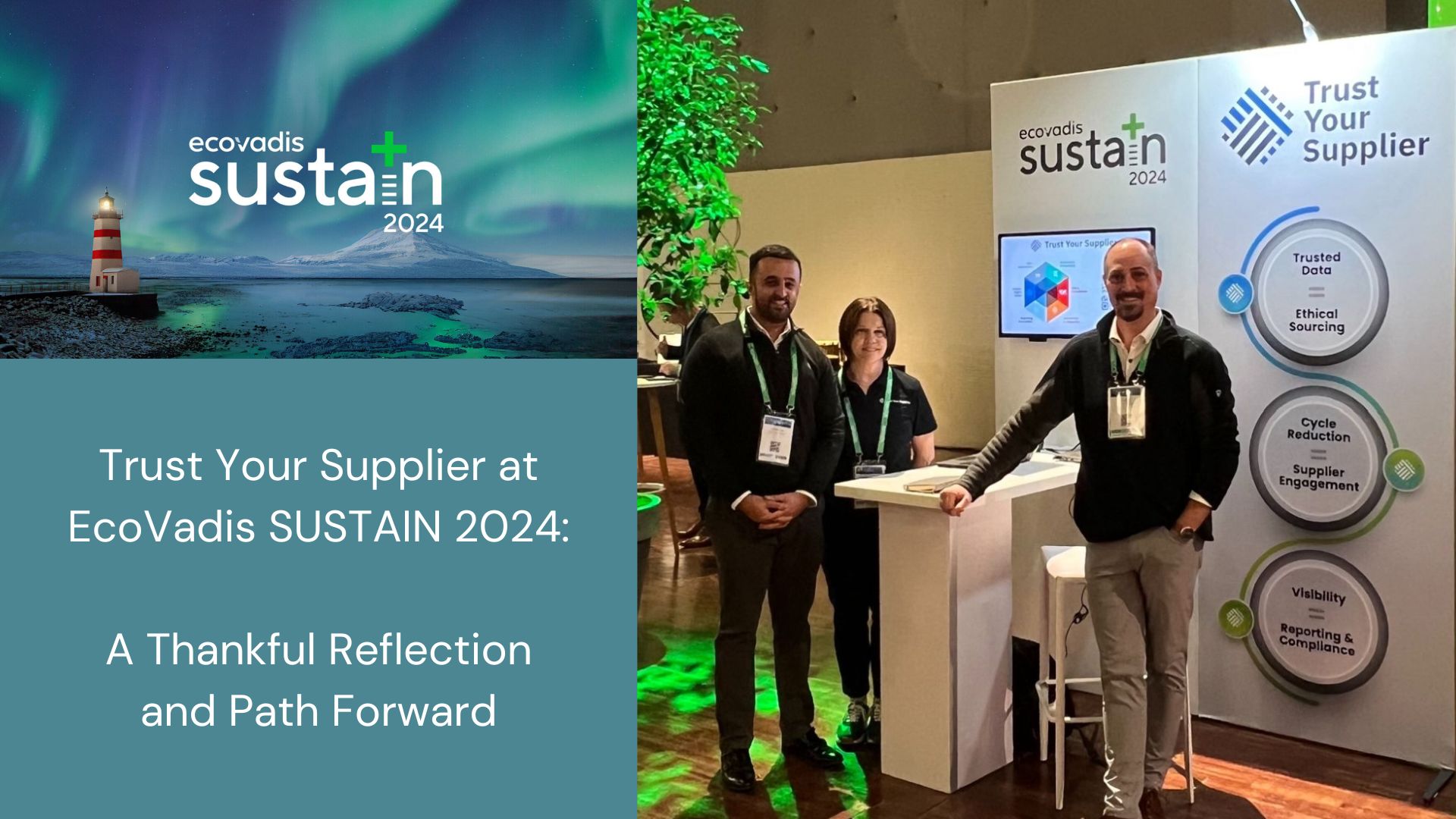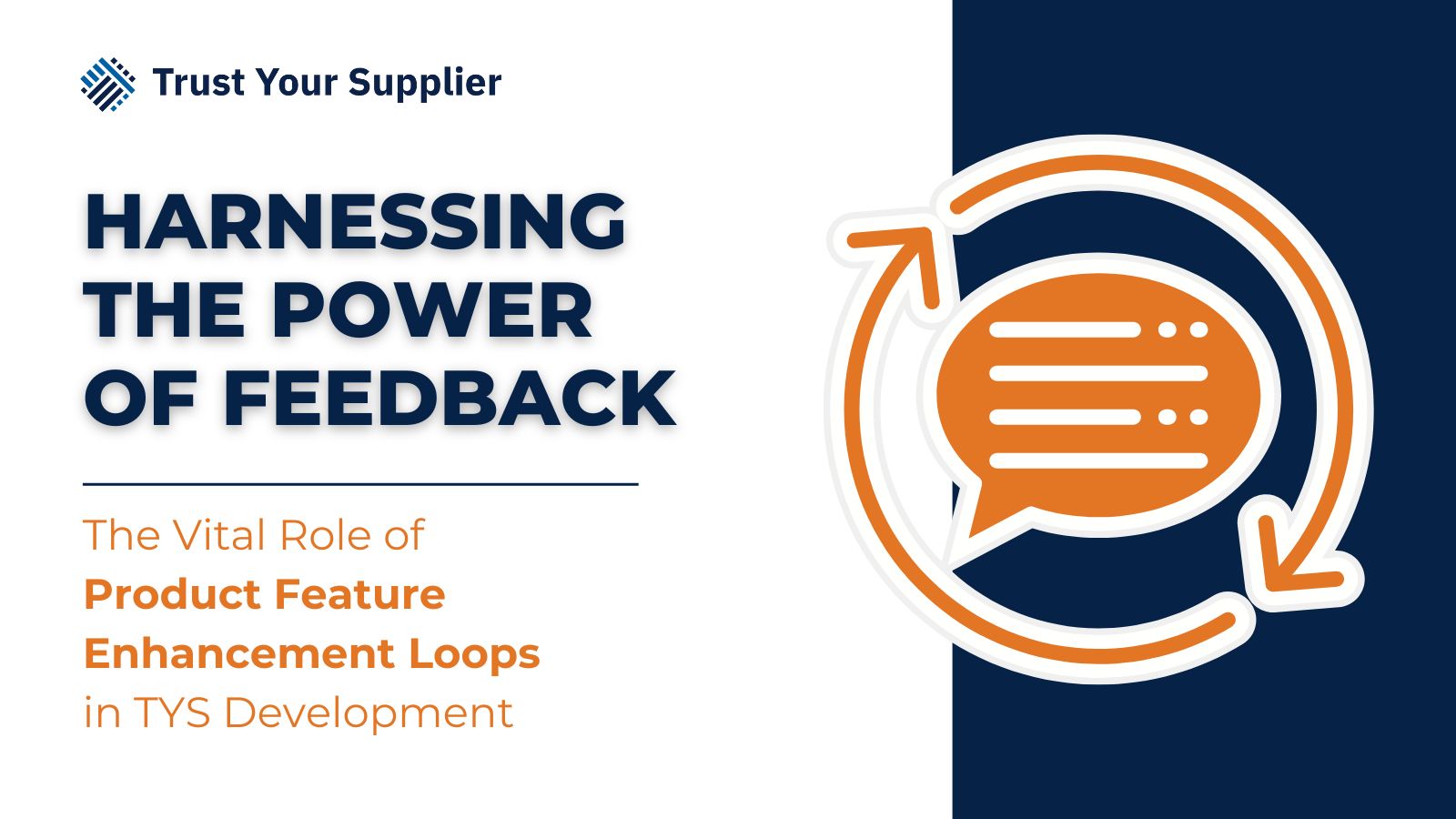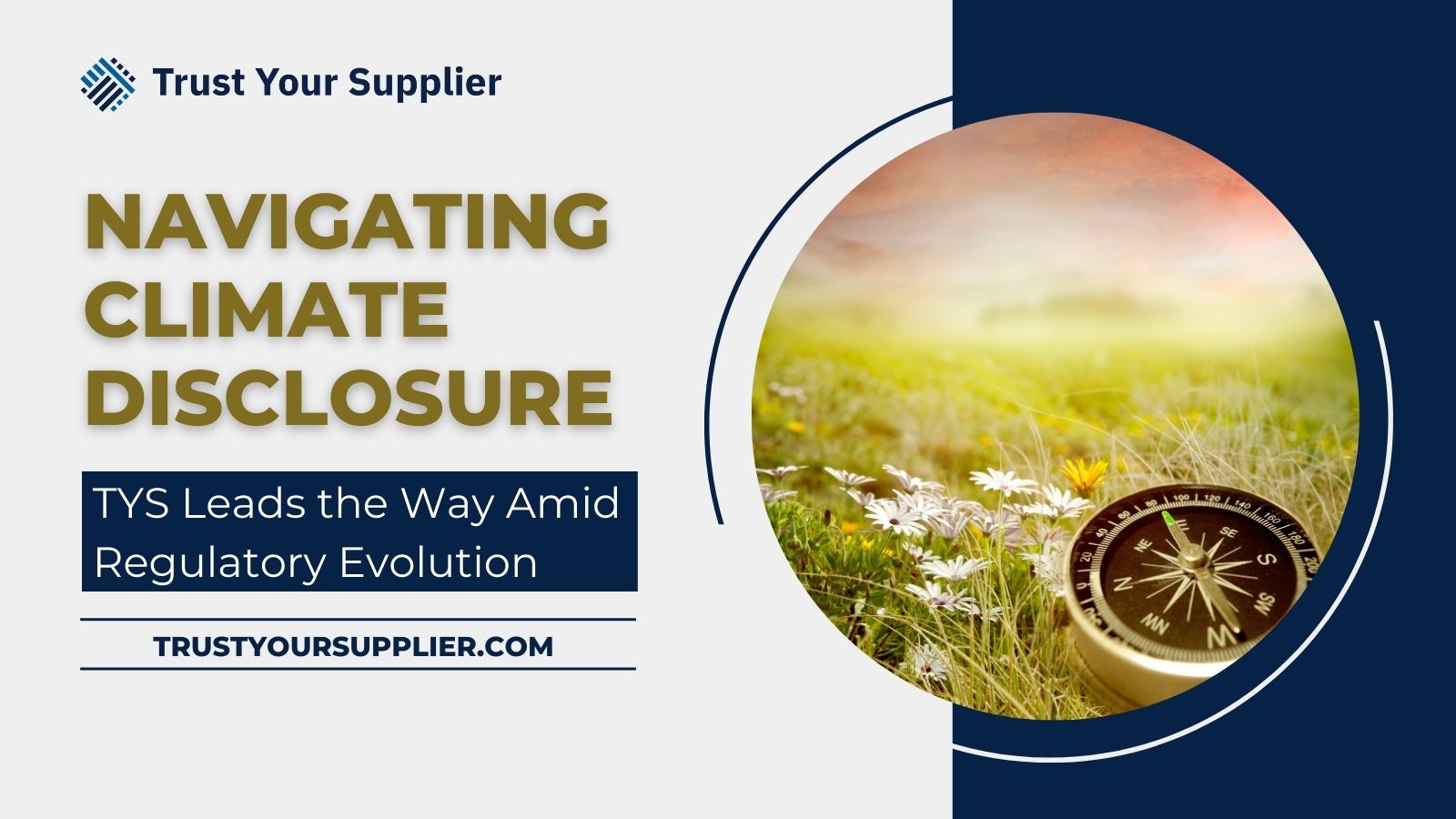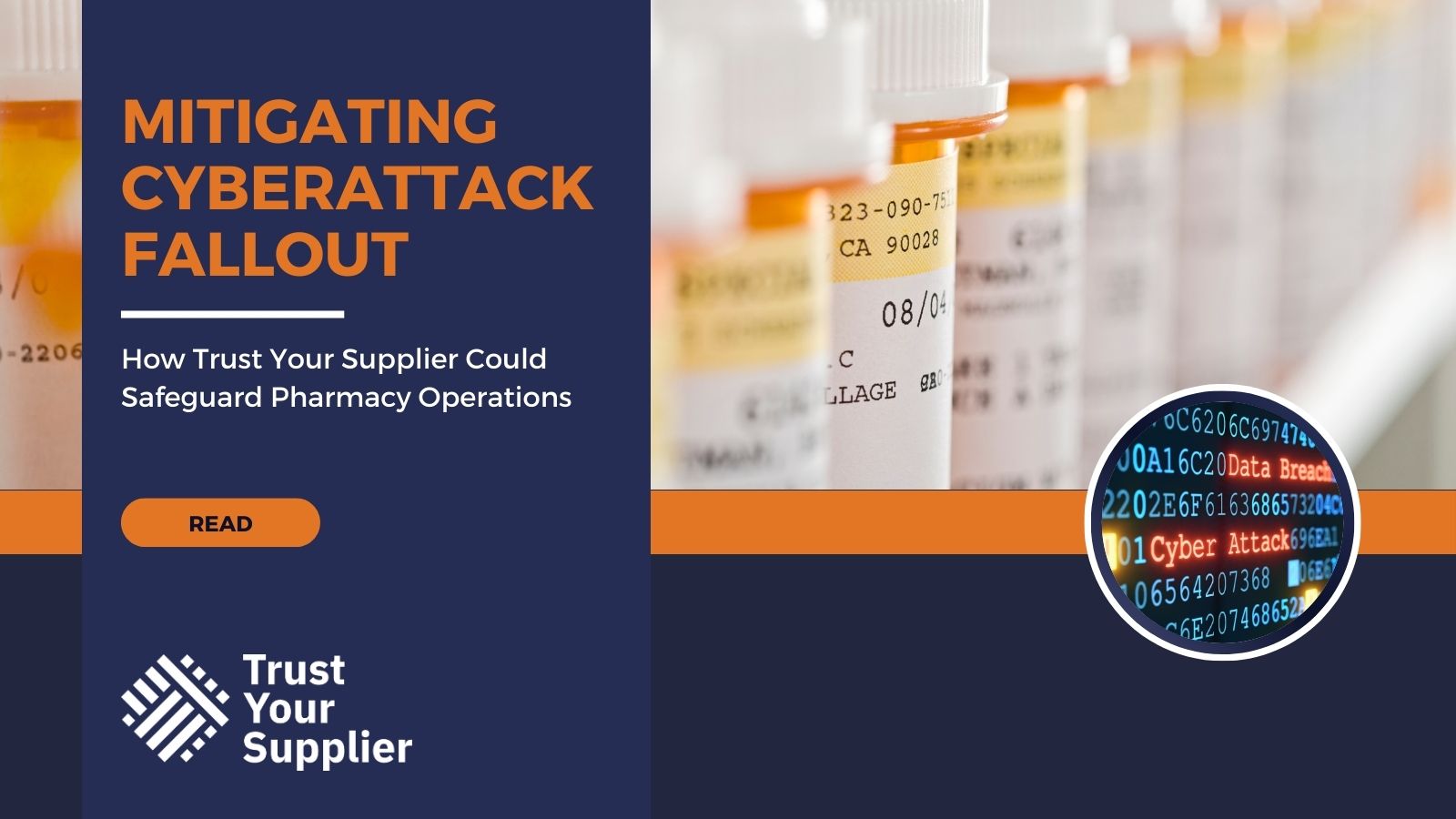Technological advancements are often hailed as the ultimate game-changers. However, as Jim Mason aptly put it, “Technology is just… well… technology. It delivers value only through real business systems engineering.” At Trust Your Supplier (TYS), we understand this principle profoundly. While our innovative blockchain-based solution is a cornerstone of our offering, the true essence of our value proposition lies in our collaborative approach with clients and our robust business system engineering.
The Power of Blockchain Technology 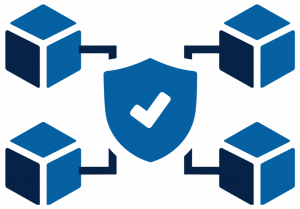
Blockchain technology is undoubtedly transformative. Its immutability, transparency, and security features have the potential to revolutionize supplier and risk management. By leveraging blockchain, TYS ensures daily monitoring and provides historical, predictive, and prescriptive risk insights. This enables trusted data exchange and workflow automation that extends beyond traditional boundaries.
However, blockchain alone is not enough. The real business value emerges when this technology is seamlessly integrated into an ecosystem that addresses the specific needs and challenges of our clients.
Collaboration: The Heart of TYS
At TYS, we believe collaboration is the key to unlocking the full potential of technology. From the outset, our approach has been to work closely with our clients, understanding their unique pain points and business objectives. This partnership goes beyond mere consultation; it is a co-creative process where the TYS team and our clients come together to define and refine the right solutions.
 Jim Mason’s observation resonates deeply with our ethos: “There was a clear business value opportunity in the market. The TYS team and their clients came together collaboratively to define the right solution that delivers value.” This collaborative spirit ensures that the solutions we develop are not only technologically advanced but also practically applicable and tailored to deliver tangible business outcomes.
Jim Mason’s observation resonates deeply with our ethos: “There was a clear business value opportunity in the market. The TYS team and their clients came together collaboratively to define the right solution that delivers value.” This collaborative spirit ensures that the solutions we develop are not only technologically advanced but also practically applicable and tailored to deliver tangible business outcomes.
Business System Engineering: Bridging Technology and Value
Our emphasis on business system engineering bridges the gap between cutting-edge technology and real-world value. Business system engineering involves a holistic approach to designing and optimizing business processes and systems. It requires a deep understanding of the interplay between technology, people, and processes.
At TYS, we bring this expertise to the table, ensuring that our blockchain solution is integrated into the broader business context of our clients. This integration is critical for achieving operational efficiency, risk mitigation, and strategic advantage. Our clients benefit from streamlined supplier management processes, enhanced transparency, and data-driven decision-making capabilities.
We are committed to delivering real business value that goes beyond technology. Our blockchain-based solution is a powerful tool, but it is our collaborative approach and expertise in business system engineering that truly sets us apart. By working closely with our clients and understanding their unique needs, we co-create solutions that drive efficiency, transparency, and strategic growth.
In a world where technology is constantly evolving, it is this human-centric approach that ensures our clients stay ahead of the curve and realize the full potential of their investments. Trust Your Supplier is not just about technology; it is about delivering value through innovation, collaboration, and engineering excellence.

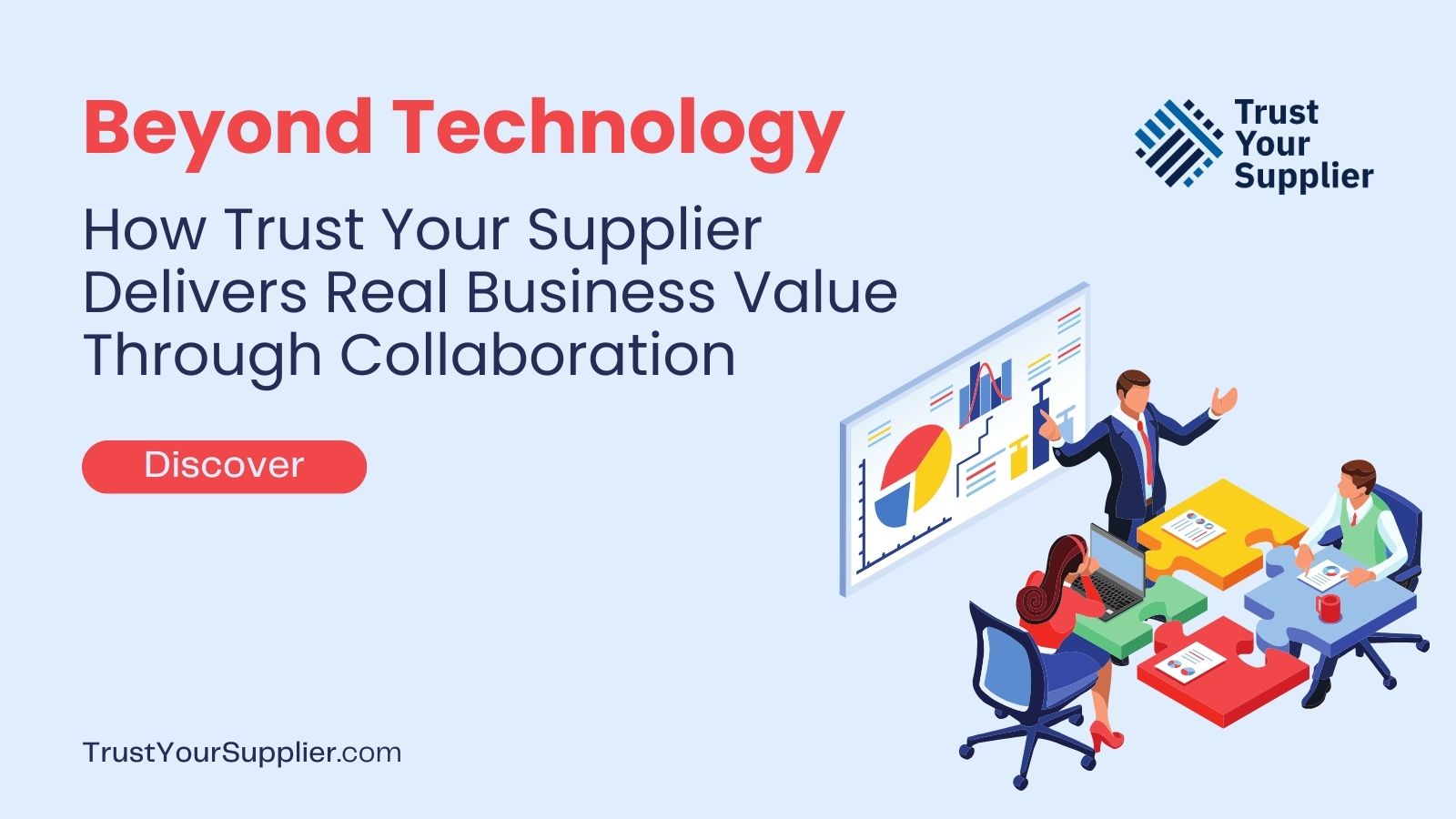


 Digital agility refers to the ability of an organization to rapidly adapt to changes, implement new technologies, and respond to market demands with speed and efficiency. For telecommunications companies, this means being able to quickly roll out new services, upgrade infrastructure, and deliver exceptional customer experiences. Achieving this level of agility requires a robust and flexible supply chain that can keep pace with the industry’s dynamics.
Digital agility refers to the ability of an organization to rapidly adapt to changes, implement new technologies, and respond to market demands with speed and efficiency. For telecommunications companies, this means being able to quickly roll out new services, upgrade infrastructure, and deliver exceptional customer experiences. Achieving this level of agility requires a robust and flexible supply chain that can keep pace with the industry’s dynamics.
